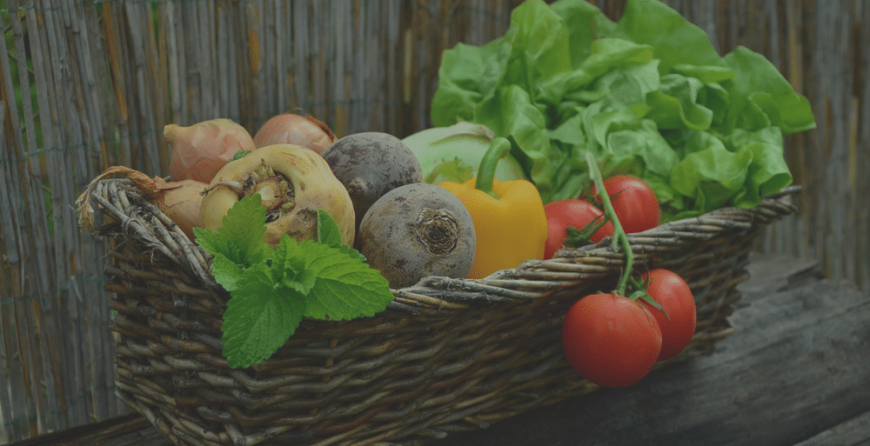
Vegetables find their way in our kitchens daily or quite often as compared to other crops because they are easy to prepare, readily available and offer numerous health benefits. This also means that you may spend more money buying vegetables and the market demand may sometimes be more than the market supply. As such, you may lack your favorite vegetables or end up consuming conventionally grown vegetables that may not be as tasty and healthy as organic vegetables. Hence, the need to designate an organic garden area for your favorite vegetables.
Tips for growing your organic vegetable garden
Choose plants wisely
As the saying goes, choices have consequences, so does the choice of vegetable plants. So, consider plants that are less susceptible to diseases and pests. For example, tomatoes are more vulnerable to diseases and parasites and require more attention. However, there are disease resistant varieties that thrive as well as the other varieties.
Feed your plants naturally
Remember that you are starting an organic garden for your vegetables. As such, every time you feed your vegetables with nutrients or fertilizer, ensure that it is natural. You could make organic compost from kitchen waste or rotten animal manure from planting consuming critters like chicken, rabbits, and sheep. If your soil nutrients are right, you may not have to fertilize your garden. However, you must check the soil nutrients regularly to ensure that your crops do not lack essential nutrients.
Crop rotation
The benefits offered by crop rotation cannot be underestimated. Different crops offer different soil nutrients and disease resistance levels. It is obvious that if you plant the same crop type in your garden, every year pests and diseases can build up easily. To prevent this and eliminate potential diseases and pests plant vegetable crops in different parts of your garden during every planting season.
Mulch properly
A layer of 1 to 2 inches thick mulch over the soil keeps weeds at bay and prevents fungal disease pores from spreading. To enjoy more mulching benefits, use organic mulch that decomposes and adds organic nutrients to the soil.
Keep your organic garden clean
Just like in the house where dirt can result in illness, so does dead, fallen foliage. Also, most crop diseases spread through fallen foliage. So, to eliminate diseases and keep your organic garden looking presentable, collect all the fallen foliage as often as you can.
Water wisely
Water is life! This is to explain the need for watering vegetables strategically. Strategic and wise watering means watering using a water soaker instead of a sprinkler as well as watering in the morning. Wet leaves can attract diseases during the night.
The best and sweetest vegetables are home grown. You get to monitor what goes in in terms of fertilizer type and what comes out. As such, you enjoy fresh and organically grown vegetables that also taste better and are rich in aroma as compared to conventionally grown vegetables. But, you must consider your areas’ climatic condition and the chances different vegetables have to survive. Try these organic gardening tips asap!


